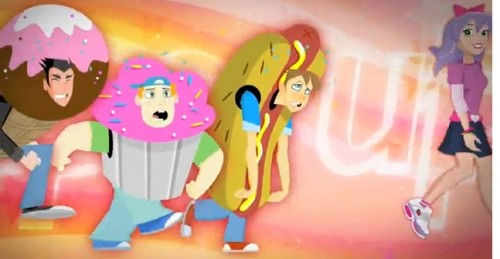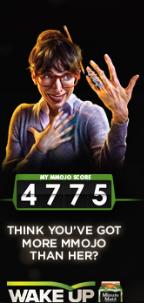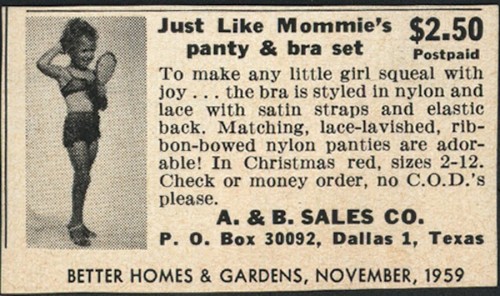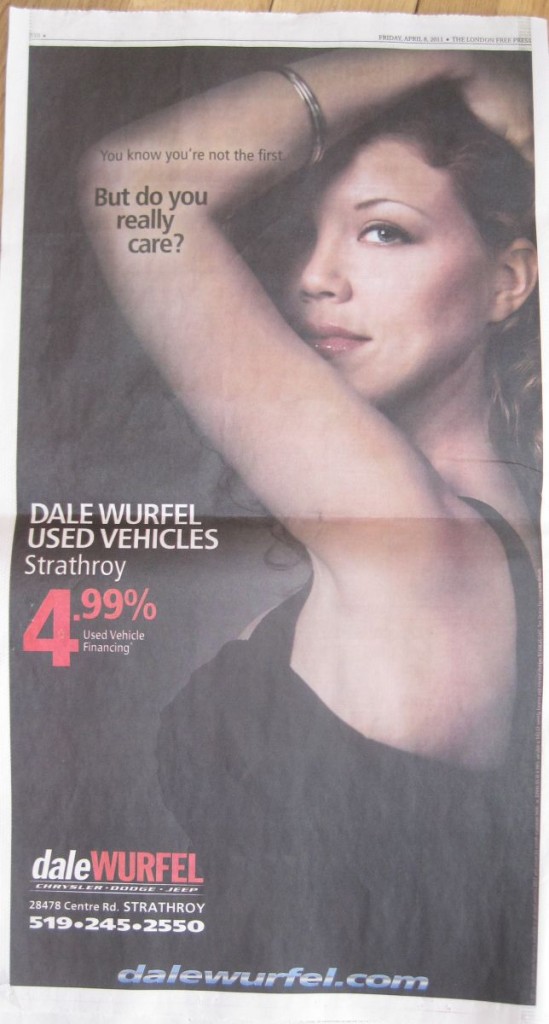
Nico G. sent along a sweet seven-minute film short about a little girl who wants to win the heart of a boy, and does so by his equal instead of his object. It’s cute.
Directed by Michelle Lehman, 2008 award winner Tropfest Australia
Lisa Wade, PhD is an Associate Professor at Tulane University. She is the author of American Hookup, a book about college sexual culture; a textbook about gender; and a forthcoming introductory text: Terrible Magnificent Sociology. You can follow her on Twitter and Instagram.










